DRY NEEDLING – What you need to know
Do you suffer with persistent tightness in muscles that just don’t seem to respond as well to
massage? Do you experience headaches that feel they might be related to neck and shoulder
tightness? Or have you tried various therapies for pain that haven’t seemed to work? Then Dry
Needling might be an effective treatment to help manage your symptoms.
What is Dry Needling?
Dry Needling is a therapeutic treatment method whereby sterile needles are inserted into tight
bands of muscle or fascia throughout various points in the body, with the aim of relieving pain and
tightness. For some people Dry Needling is not advised, particularly if there is an extensive medical
history. It is important that you are screened appropriately by your physiotherapist prior to receiving
this treatment.
Dry needling VS Acupuncture
Acupuncture is a therapeutic treatment method also using sterile needles, however Acupuncture is
an ancient practice used for thousands of years within Chinese Medicine. The insertion of needles
are along Qi pathways or Meridian points, differing from a simple anatomical model used within
Western medicine. There is a high spiritual component within Acupuncture taking into
considerations energy and body flow, which whilst may be effective for certain presentations, is not
used within a physiotherapy setting.
What are the effects of Dry Needling?
Dry Needling may have therapeutic effects acting on the ‘parasympathetic’ nervous system of the
body (rest and digest system) thereby assisting with muscle spasm and potentially nerve pain. We
advise that before driving home, that you sit in the waiting room for a few minutes prior to driving
home in case you feel symptoms of fatigue after treatment.
What else should I do?
Whilst useful to manage symptoms at a pathological level, physiotherapists always advise that Dry
Needling is supported with a home exercise program in order to best maintain function of the
affected muscle groups that are being treated. It is best to use it in combination with therapeutic
exercise for a range of musculoskeletal conditions.
Please be advised that the following physiotherapists currently hold training in Dry Needling at
Watsonia Physiotherapy:
Carissa Malliadis
Michael Mazzocato
Caitlin Dale
Andrew D’Souza
